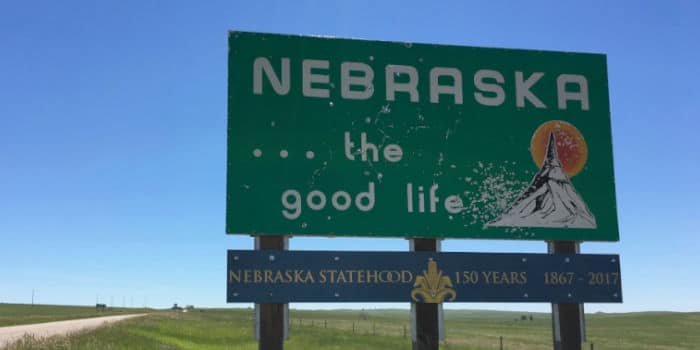The auditor’s findings indicate that the Commission fell short in reviewing and verifying casino tax reports to ensure the correct amount of money was collected


Mike Foley, Nebraska’s State Auditor, has put out an audit report that attacks the Nebraska Racing and Gaming Commission‘s handling of the state’s casino tax money.
Foley Warns of “Nonexistent” Review of Tax Reports by Commission
Foley calls the Commission’s oversight “lackluster” and sometimes “nonexistent”, reported the Omaha World-Herald. The audit looks at the fiscal year that ended on June 30. This was the first full year that casino gambling was legal at Nebraska horse racetracks. Four licensed casinos ran in Lincoln, Omaha, Grand Island, and Columbus. These casinos brought in almost $20 million in tax money, which went to property tax credits.
Based on Foley’s research, the Commission did not do a good job of checking and confirming casino tax reports to make sure they collected the right amount of money. Even though the rules say casinos have to turn in quarterly, and yearly reports, the audit could not find any proof that the Commission looked at these reports. They also found some differences in how much tax was collected. For example, WarHorse Casino in Lincoln paid $279,064 less in taxes than it should have, while Harrah’s in Columbus paid $76,184 more than it needed to.
Foley noted that the Commission did not try to sort out these differences on its own before the Auditor’s office asked about them even though there might be good reasons for these mismatches. The audit stressed that Commission members could not give good enough answers about tax reports from the casinos, which made people wonder if the Commission could figure out the right tax amounts.
Audit Prompts Calls for Stronger Casino Tax Monitoring
Foley suggested several fixes to make things a lot better, including maybe transferring the task of looking over taxes to the auditor’s office. He stressed how important these changes were to make sure the state gets all the tax money it should from gambling.
Casey Ricketts, who runs the Nebraska Racing and Gaming Commission, admitted that the agency could not keep a close eye on things before because they did not have enough people. She pointed out that until June, they had one person handling money matters. After that, they brought in more staff to boost their ability to watch over things and keep better records. The Commission has also been working with regulators in other places to get a better grip on financial issues related to gambling.
The audit uncovered cases where Commission employees misused state vehicles. A former enforcement director allegedly drove a state car for commuting and personal tasks. The GPS records also raised doubts about the enforcement director’s logged work hours. Ricketts took action to fix these problems by putting new rules in place. These rules require employees to check state vehicles in and out, and the Commission increased the monitoring of vehicle logs.
Looking back at the Commission’s past struggles, Ricketts pointed out that it used to deal with horseracing. However, when voters approved the racetrack casino expansion in 2020, this increased its duties.
